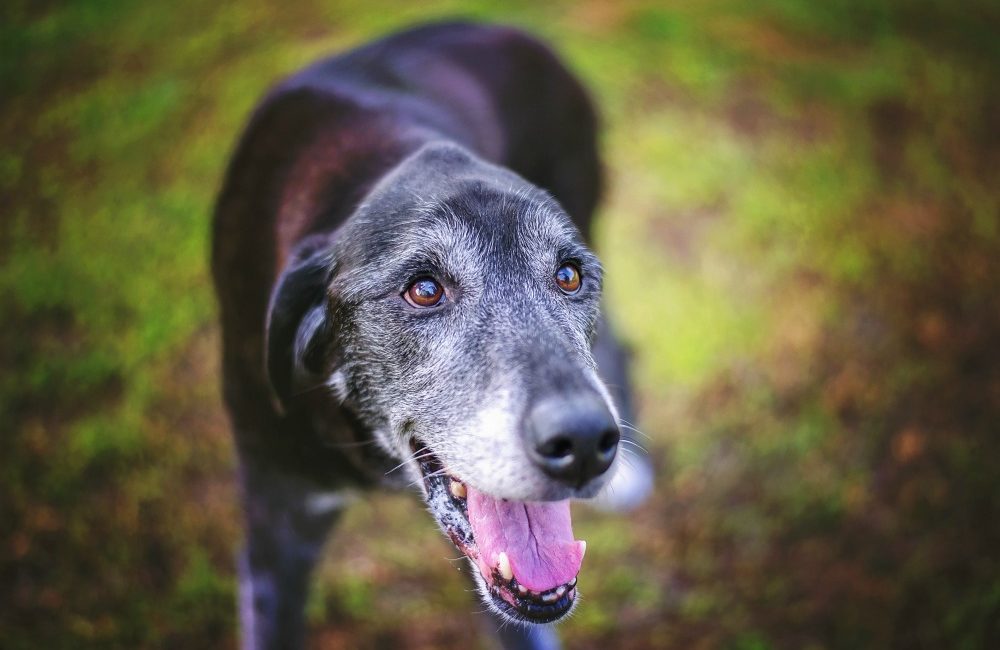At Van Isle Veterinary Hospital, it’s SENIOR TIME, and we are celebrating your senior pets! Book your senior pet for a full senior wellness exam and senior blood screen at a special discounted rate between October 15th and December 15th, 2018.
Top 5 Tips for Loving your Senior Pet
Tip #1: Schedule regular senior checkups with your Veterinarian.
As our pets age, things can get a little more complicated. Aside from a greying beard, your pet’s organs are changing too, and staying on top of their health with regular visits to your vet will help you make sure that your pet is living his or her best life. Your vet can measure organ health with routine bloodwork, and answer any questions about changes to your pet’s health.
Tip #2: Stay on top of Oral Health.
Taking care of your pet’s teeth is a great way to ensure that your pet remains healthy into their later years. Tooth decay, gingivitis and periodontal disease can be painful and can lead to loss of teeth. They can interfere with your pet’s ability to chew, and therefore get the nutrition they need. Also, infections within your pet’s mouth that go unnoticed or untreated can become very serious and can put your senior pet’s health at risk. When it comes to brushing, start young, brush often, and try to make it an enjoyable experience for your dog by offering some poultry flavoured toothpaste!
Tip #3: Watch your Pet’s Weight
Obesity in pets is extremely common and is also one of the major contributors to a LOT of health problems. Being overweight can contribute to heart disease, arthritis, diabetes, high blood pressure, skin issues, and even cancer. If your veterinarian tells you that your pet is overweight, don’t take it personally, take action! Work within your vet’s nutritional instructions, and you could enjoy many more years with your furry best friend. Keep in mind that sudden weight loss in pets is not a good thing, it can mean something else is going on and should be addressed with your vet as soon as possible.
Tip #4: Teach Hand Commands Young
When our pets age, they may experience one or both of these common changes: loss of sight, or hearing. You might notice that your pet seems disoriented, startles easily from loud noises, increased barking, or maybe not listening like he/she used to. This could indicate a change to their senses like sight and hearing. By teaching your pet hand signals for simple things like ‘come’ or ‘stop’, you could help to protect your pet in dangerous situations.
Tip #5: Groom Often
As our pets age, their coats, skin, and bodies change too. You may notice the texture of your pet’s fur changing and becoming more coarse, maybe their nails getting longer faster, or perhaps an increase in scratching, matting and itching as mobility changes may impact your pet’s ability to groom themselves. Having your pets groomed either professionally or at home will not only keep your pet looking nice, but will help you to keep up with any new lumps or bumps they may have that you are unaware of, and will keep their skin and nails as healthy as possible. If your pet hates the groomer, consider talking to your vet about options to help your pet have a less stressful experience.

Resource: American Veterinary Medical Foundation (AVMF)
Written By: Van Isle Veterinary Hospital




